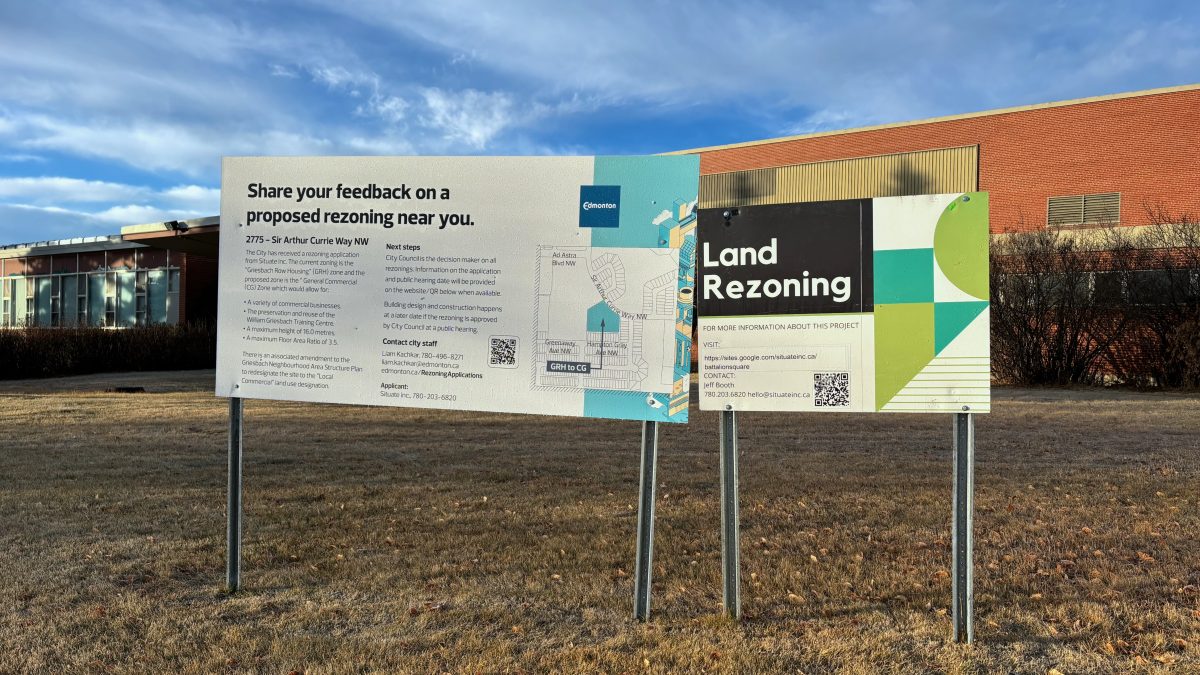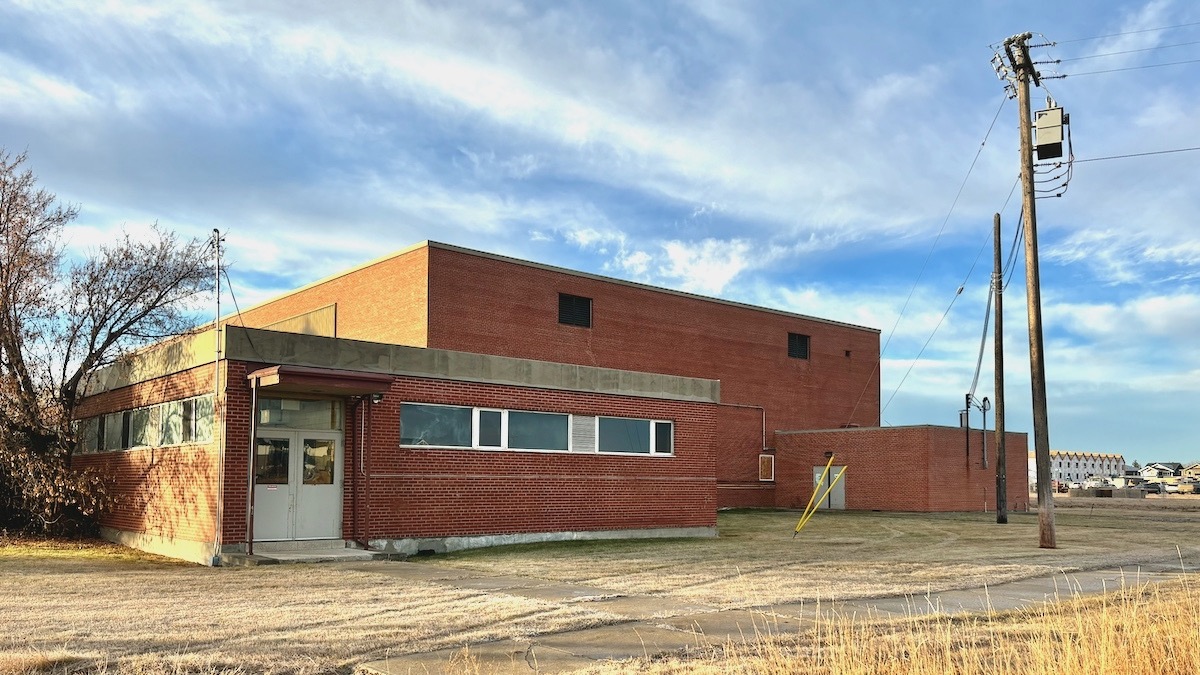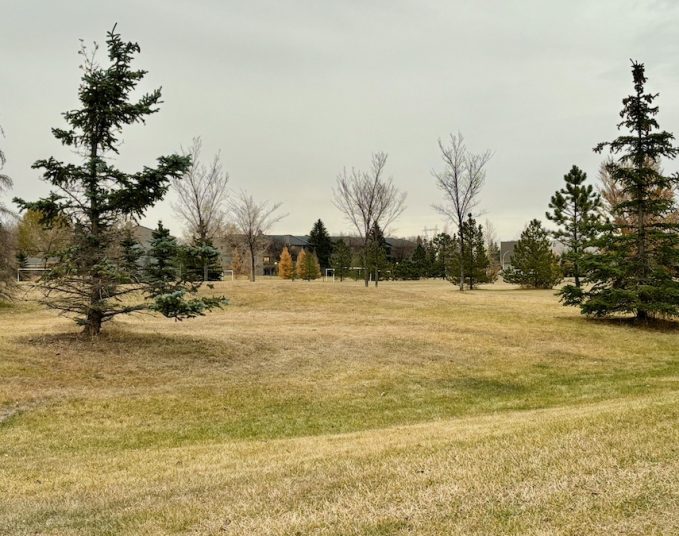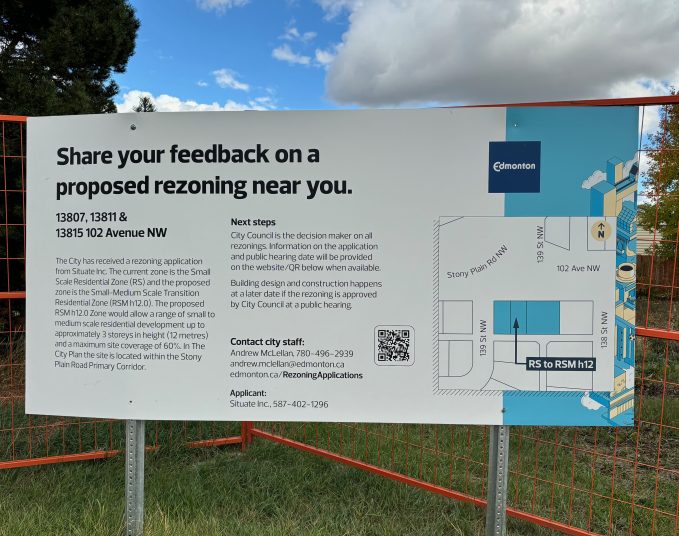If you walk through the Griesbach neighbourhood, save for some monuments and street names, there’s very little left of what used to be the military base that was once a fixture in north central Edmonton.
But Beljan, the firm that worked to modernize (but preserve) the Strathcona Hotel and the Oliver Exchange building, is planning to preserve the Griesbach Barracks Physical Training Building, located on Sir Arthur Currie Way. How? By transforming it into a commercial space, with room for businesses like a bakery or brewery or even a small restaurant.
Council approved the plan to go forward, but not without reservations. In fact, an observer might see the debate on the zoning bylaw revamp that was supposed to make it a lot harder for the City to micromanage developments.
When Beljan first acquired the land, it included a provision to add six storeys of residential space. But that met fierce opposition from the community; Griesbachians (Griebachites? Griesbagonians?) didn’t want to see a building that high dominating the neighbourhood, plus there were concerns about traffic congestion. So, Beljan’s proposal was amended. The current plan is to simply take the existing gymnasium and reimagine it as a commercial development.
And, the company came forward to petition for a simple zoning change — as per the new zoning bylaw. Without the rezoning, the land could really only be used for row housing, which would eventually mean the demolition of the gymnasium.
Instead, as a commercial project, Beljan pledged that it would seek historical designation for the building, a process that takes about four months.

“Our ethos is to maintain and seek designation for our buildings,” said Croy Johnston, a development consultant at Beljan. “If any other purchaser bought it, it would be demolished and not looked at.”
But there was some hesitation on the part of Mayor Amarjeet Sohi and Coun. Erin Rutherford, whose ward includes the Griesbach area.
That’s because the commercial zoning is not restrictive. It would allow for things outside the scope of the current plan, if that’s what Beljan wanted. In fact, it could allow for a hotel of up to nine storeys. But that’s the nature of zoning — it simply allows for development to happen; it’s not supposed to be overly restrictive.
Beljan has not indicated that it wants any of those things, and Rutherford and Sohi allowed that the company has a reputation for preserving historical buildings. But what if the land was sold?
“I believe in good faith that they have the desire to do the things they say they are going to do,” said Rutherford. But she said council has to be realistic — there will be increased traffic in the neighbourhood, and that promised LRT stops could be as many as 50 years away from being realized.
“I think the community needs some certainty around the hotel,” said Sohi. “I understand that there is no desire to build a hotel, but things can change, market conditions can change, and the land can exchange hands.”
But that’s the nature of zoning, right? You can allow for a variety of commercial uses, so the landowner and/or developer have some flexibility. And Johnston said that Beljan wanted to simply use the tools that exist under the current zoning bylaws.
Rutherford’s motion to send the issue back to administration — so it could study traffic impacts and make sure there could never be a hotel built on that plot — was defeated 10-2, with only her and Sohi in support.
“You cannot force a proponent to build whatever you want to build. Either they build or not,” said Coun. Aaron Paquette, a reminder that council should only have so much power.
Sohi also had concerns about adding a new commercial project when Edmonton is in a housing crisis, and needs as many front doors as it can get. But, administration responded that going the commercial route was the only way to ensure the building is listed and saved.
In the end, council voted to rezone the land, clearing the way for Beljan to begin the project in earnest.
Savvy AF. Blunt AF. Edmonton AF.




